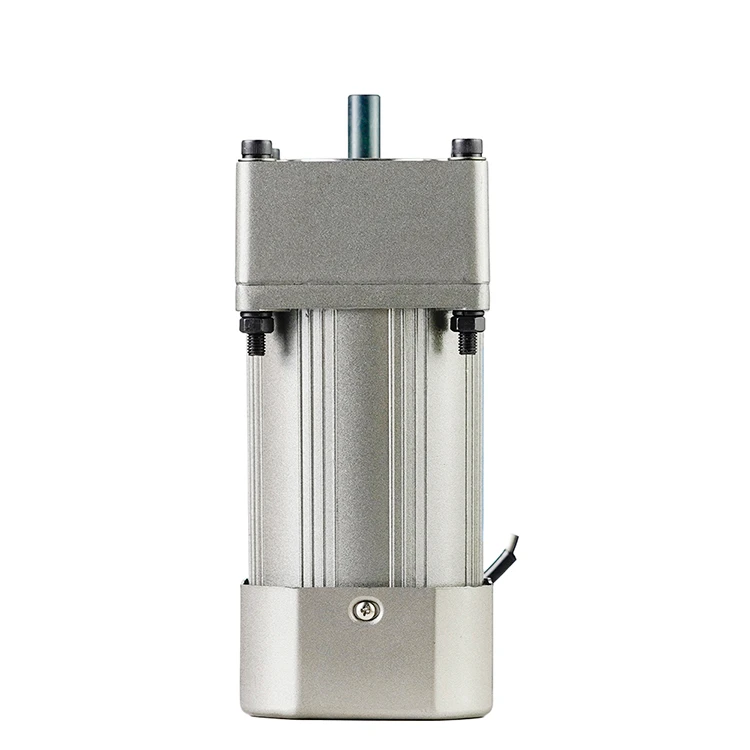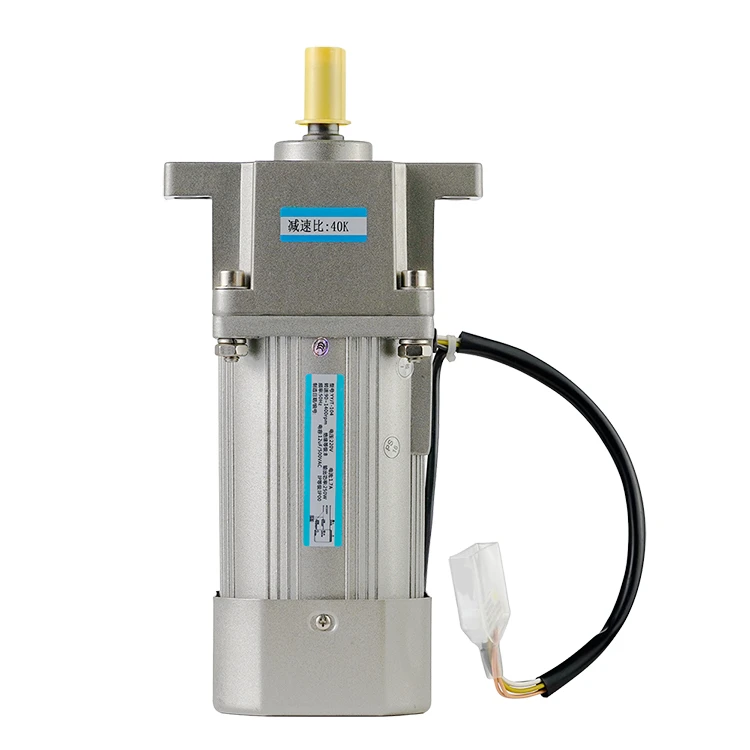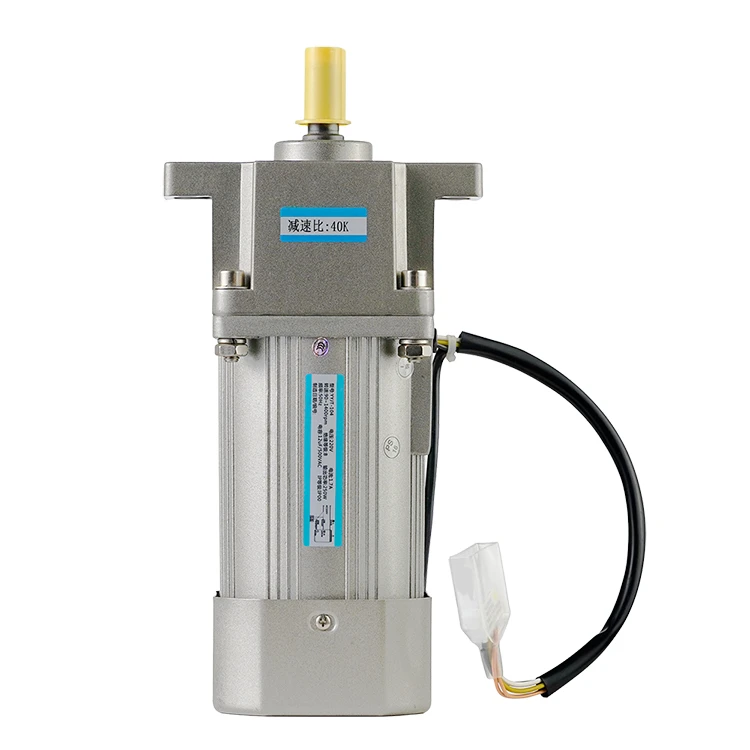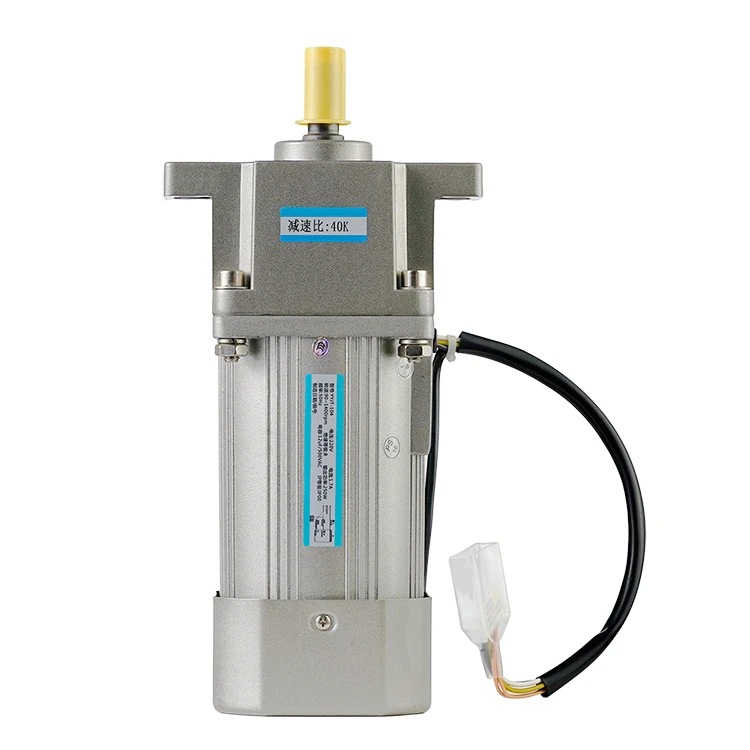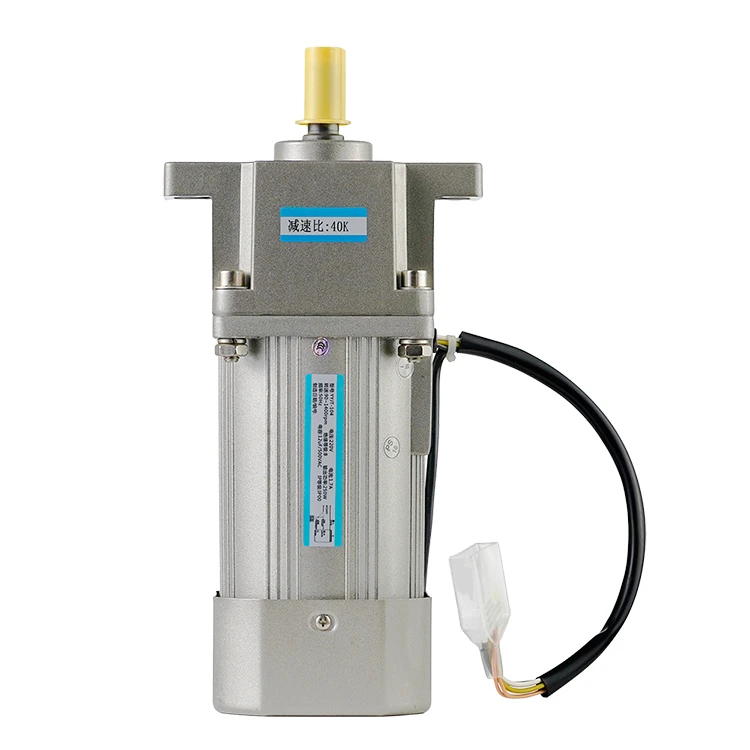What Is Stall Torque in DC Motor?
2022-12-19 18:14:27
Stall torque is a measure of the maximum torque that a DC motor can produce when it is not rotating. In this essay, we will explore the basic principles and characteristics of stall torque, including how it is measured, factors that affect stall torque, and applications of stall torque.
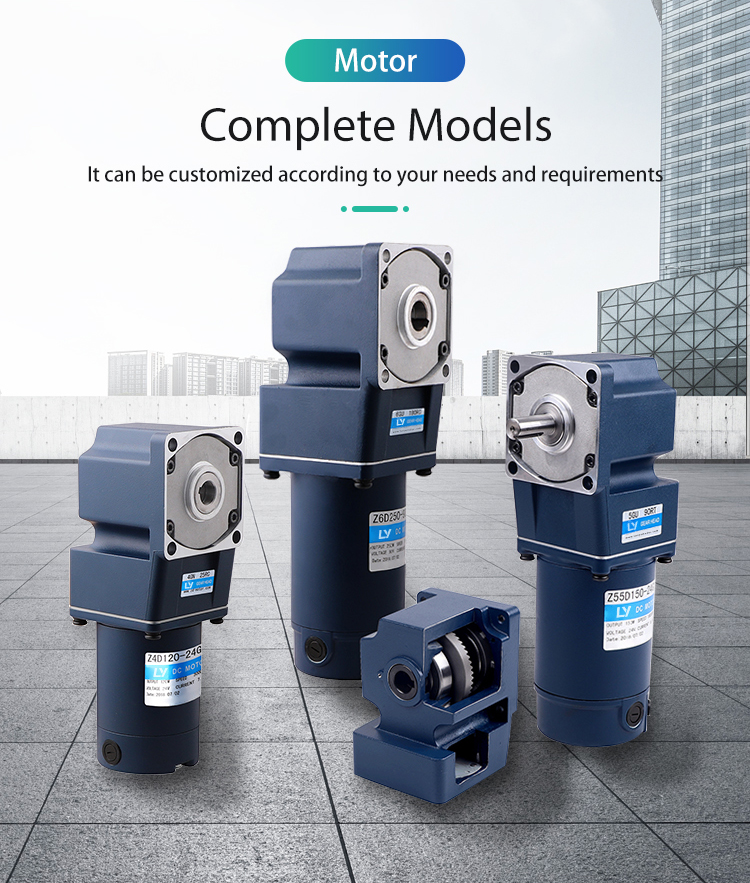
How Stall Torque is Measured
To measure the stall torque of a DC motor, the motor is attached to a load that is capable of stopping the rotor from rotating. The load is then increased until the rotor stops rotating, and the torque required to stop the rotor is measured. This is the stall torque of the motor and is typically measured in units of force times distance, such as Newton-meters (Nm) or inch-pounds (in-lb).
Factors that Affect Stall Torque
There are several factors that can affect the stall torque of a DC motor, including:
- The number of turns in the rotor: A motor with more turns in the rotor will have a higher stall torque, as the increased number of turns will allow the motor to produce more magnetic field and more torque.
- The current flowing through the rotor: As the current flowing through the rotor increases, the magnetic field of the rotor will also increase, resulting in a higher stall torque.
- The design of the rotor and stator: A motor with a well-designed rotor and stator will have a higher stall torque, as the optimized design will allow the motor to produce more magnetic field and more torque.
- The supply voltage: As the supply voltage increases, the current flowing through the rotor will also increase, resulting in a higher stall torque.
Applications of Stall Torque
Stall torque is an important characteristic of a DC motor, and it is a key factor in the selection and application of the motor. Some common applications of stall torque include:
- Electric vehicles: In electric vehicles, the stall torque of the motors is an important factor, as it determines the maximum load that the motors can handle, and it affects the vehicle's performance and efficiency.
- Industrial equipment: In industrial equipment, the stall torque of the motors is also an important factor, as it determines the maximum load that the motors can handle, and it affects the equipment's performance and efficiency.
- Home appliances: In home appliances, the stall torque of the motors is also an important factor, as it determines the maximum load that the motors can handle, and it affects the appliance's performance and efficiency.
Conclusion
In conclusion, stall torque is a measure of the maximum torque that a DC motor can produce when it is not rotating. By understanding the principles and characteristics of stall torque, we can better understand the capabilities and limitations of DC motors and select the appropriate motor for a given application. Factors that affect stall torque include the number of turns in the rotor, the current flowing through the rotor, the design of the rotor and stator, and the supply voltage. The applications of stall torque are widespread, ranging from electric vehicles to industrial equipment to home appliances.
See What Lunyee Can Do For You
Contact Us
- 8619149417743
- +86-0371-5562 0274
- [email protected]
- Zhengzhou, Henan Province, China
- Mon-Fri: 9:00 - 18:00
